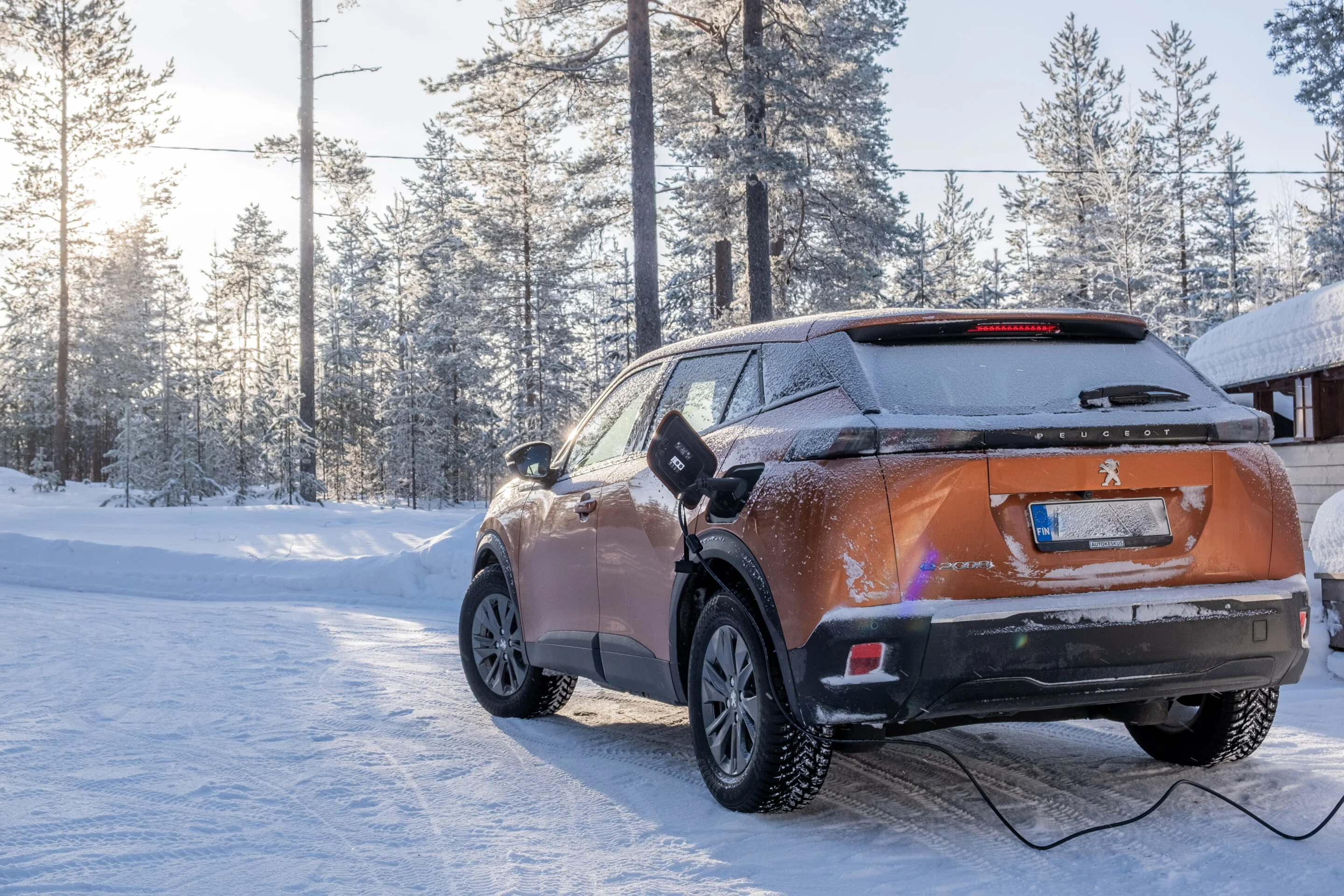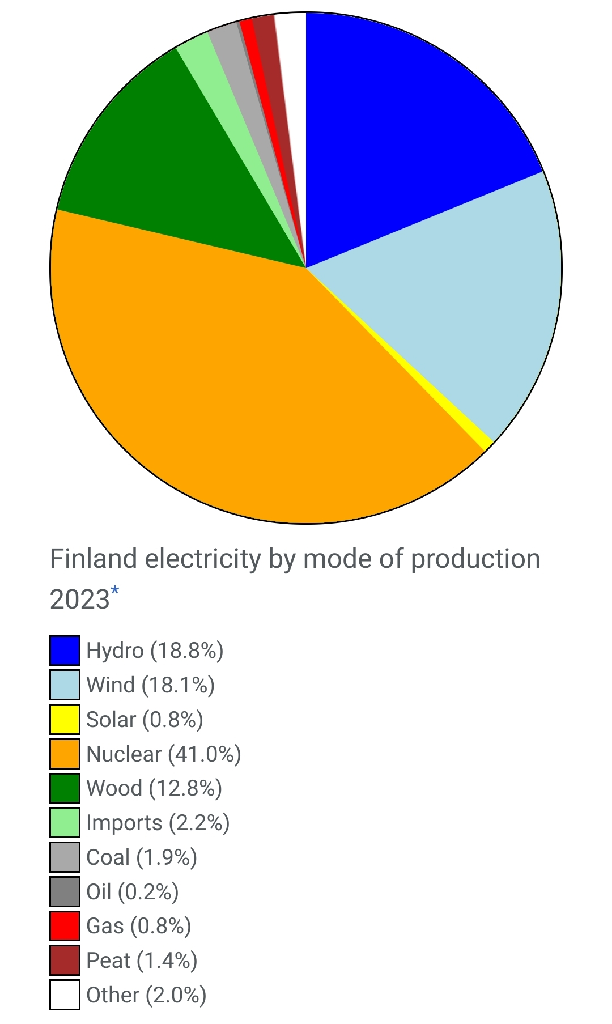The proliferation of a new technology typically doesn't start from poor people.
It starts from fanatics first. I built my first EV. It was crap, I cut it apart and sold the metal (environmental footprint: awful). Then I built my second EV. It drove around 10 000 km, but had to be retired due to metal fatigue (enviromental footprint: neutral at best, lesson learned: big).
I bought my third EV on a crashed vehicle auction. New front axle, stretching the frame back to correct dimensions... I drive it every day, but it's a crap car that I'd not recommend to my worst enemy. :) Environmental footprint: positive, I can produce fuel for myself from April to October. But if the same vehicle would be used by someone who doesn't produce (or buy) renewable power, the footprint would be less positive.
Anticipating the demise of my factory-made electric microcar, I am however building another EV. Again the footprint is negative, but I need information about how to easily manufacture one, and obtaining information has a cost in resources. :(
Meanwhile, of course, truly rich folks buy fancy and electronics-laden self-driving EVs which some then proceed to crash or mishandle due to lack of clue. People are like that and it will stick out in statistics.
IMHO: if they hadn't bought an EV, they'd have bought another kind of status symbol and would have used it even more wastefully. What matters more is what the average person can and will do. And how do we influence the auto makers to produce less resource-intensive vehicles?




